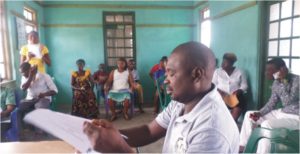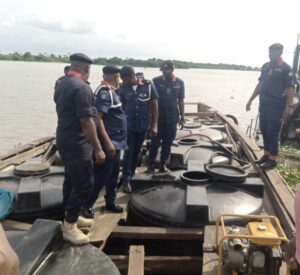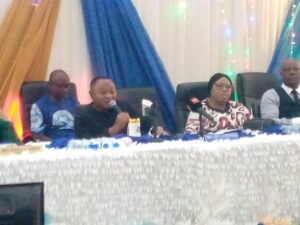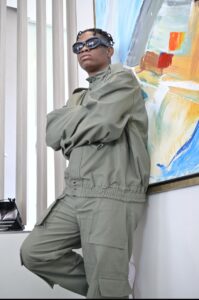OKANA: YOUTH GROUP URGES GOVERNMENT AGENCIES AND PARASTATALS TO ENGAGE YOUTH IN POLICY MAKING, PROGRAMME DESIGNS
By Our Correspondent
Rivers Agencies and parastatals charged with youth employment and empowerment programmes in Abual Odual LGA in Rivers State have been called upon to ensure that youths along with persons with disabilities and other vulnerable groups are not marginalized in government’s activities aimed at creating employment and empowerment for youths in the state.
The call was made in Port Harcourt recently when an NGO known as Centre for Environment Human Rights and Development, CEHRD and Okana Youth Leadership Network held a meeting to review its activities and plans on how to better engage government and is agencies to advocate for involvement of youths in policy making and programme designs in Rivers State.
CEHRD’s staff, Michael Chidozie, who facilitated the meeting on behalf of CEHRD and the network explained to this publication that the meeting was part of a youth empowerment project being implemented in Kpor, Gokana LGA, Marine Base, PHALGA and Okana, Abua/Odual LGA by the organization with support from Nigerian Stability and Reconciliation Program, NSRP which is aimed at reducing violence in the society through a reduction of unemployment.
During the meeting, the chairman of Okana youth leadership network urged government ministries and agencies to strengthen the existing employment and empowerment processes to make them more transparent, accountable and Inclusive.
The ministries and agencies were told that the system of alienating the youth from decisions that concerns them should be abandoned for the better alternative of engaging them in all decision making processes. The youth group also frowned at the practice of using Rivers State National Youth Council and the Local Government Chairmen to select beneficiaries for empowerment programmes and asks that such practice may continue to lead to abuse of the process and sabotage the essence of the programmes as the true beneficiaries may not be selected because the process may be unduly influenced. The Ministries were told to consider different channels of advertisement of their programmes, including mass media, to ensure that the information is widely disseminated.
The groups made case for special preferences to be given to physically challenged and other vulnerable members of the society as they may not be in position to compete favourably with others.




